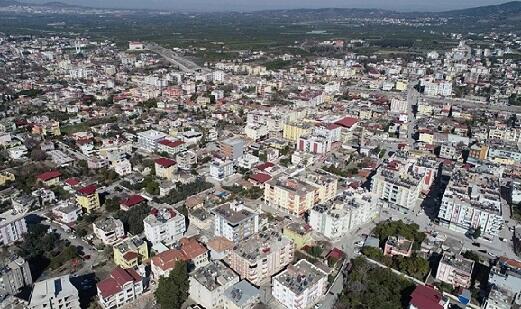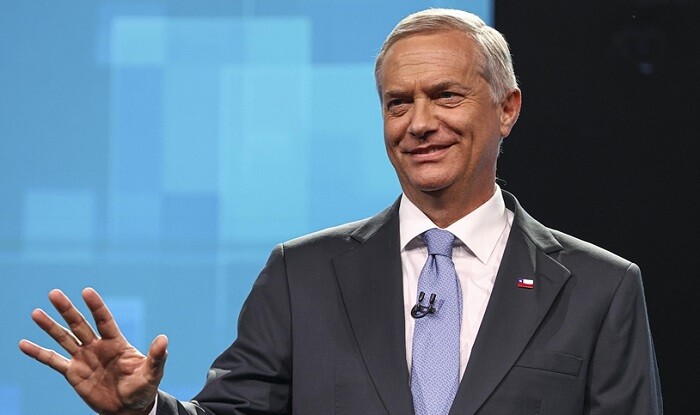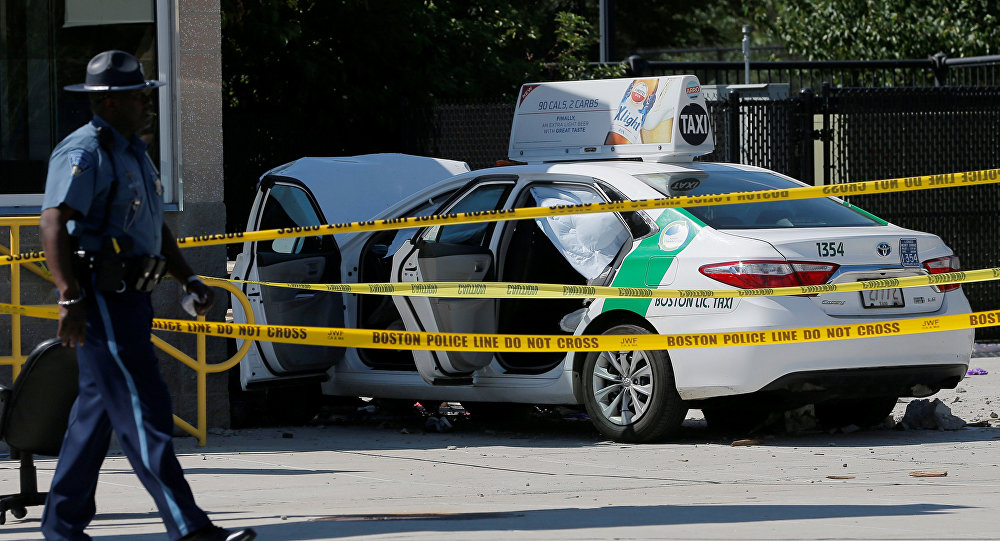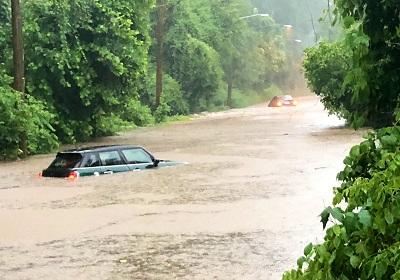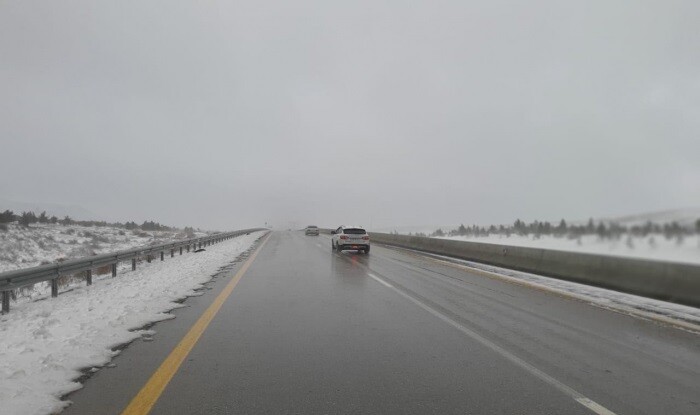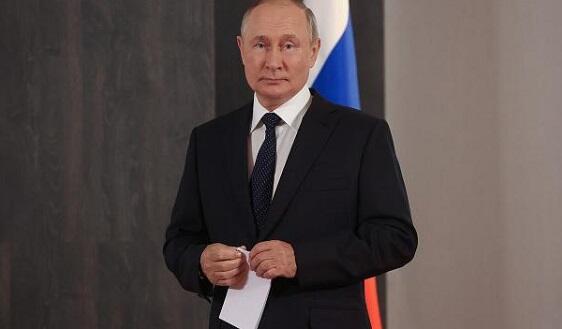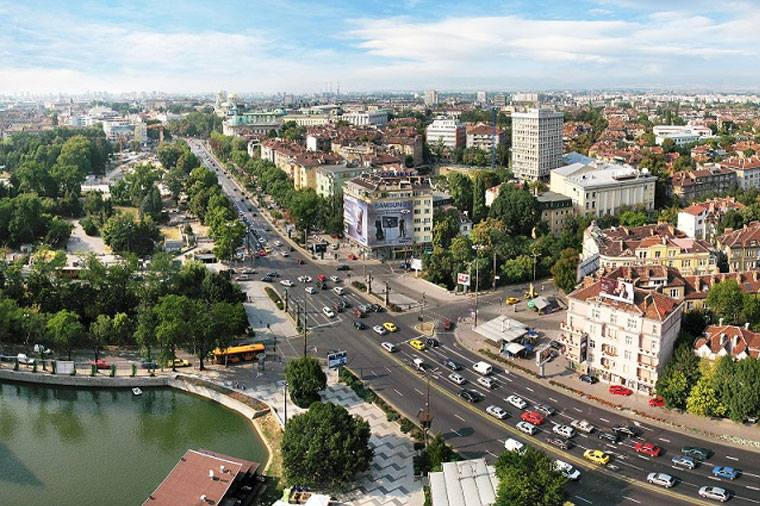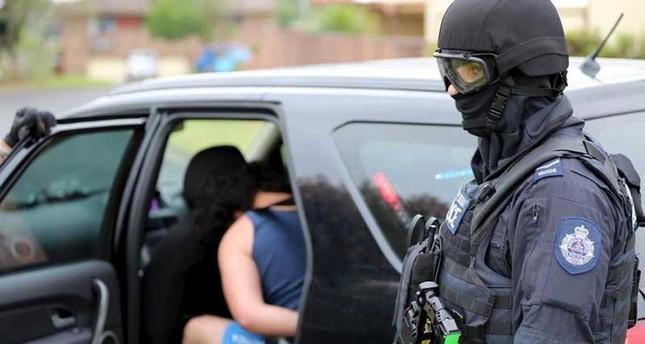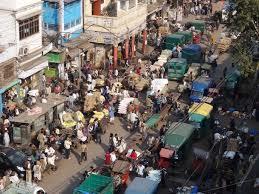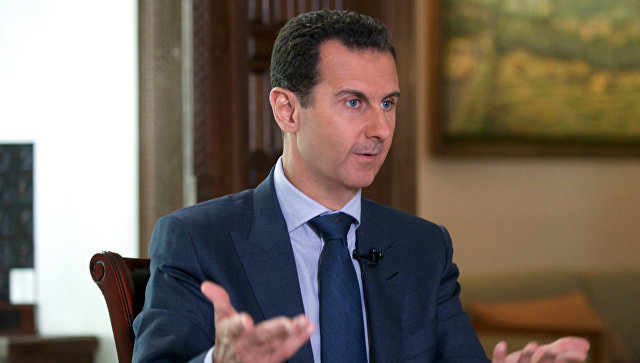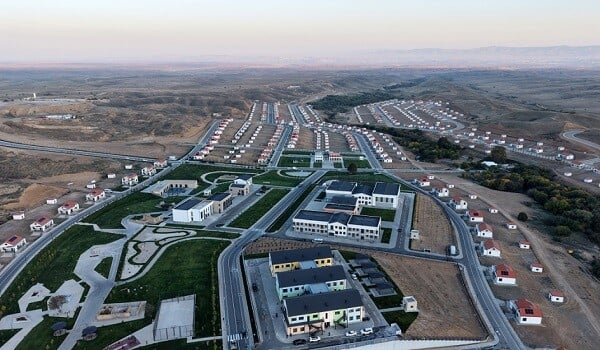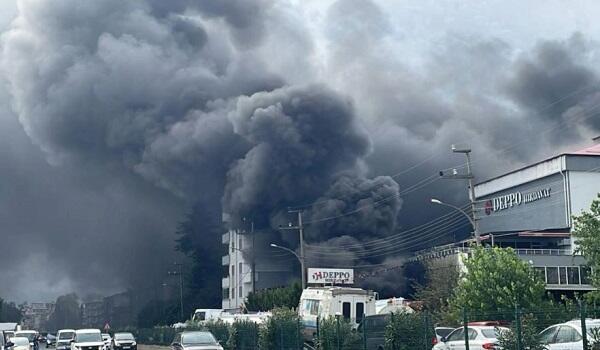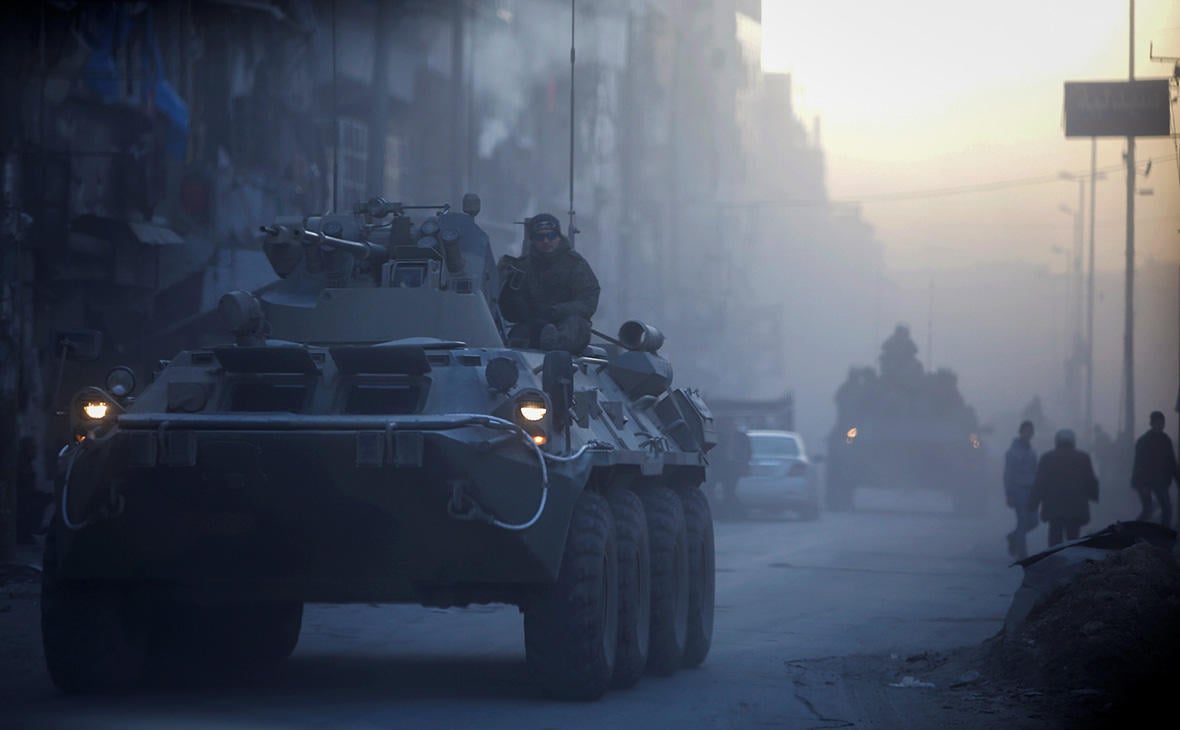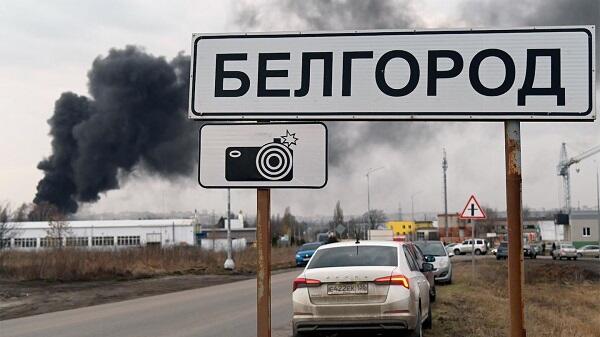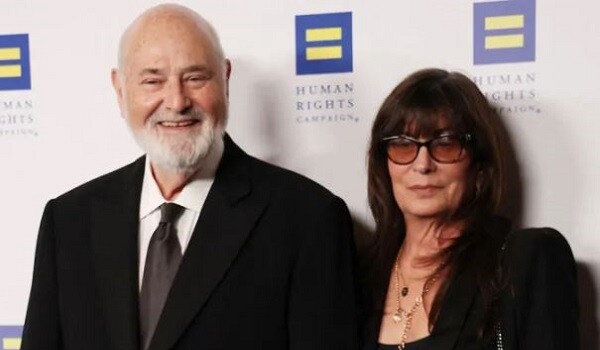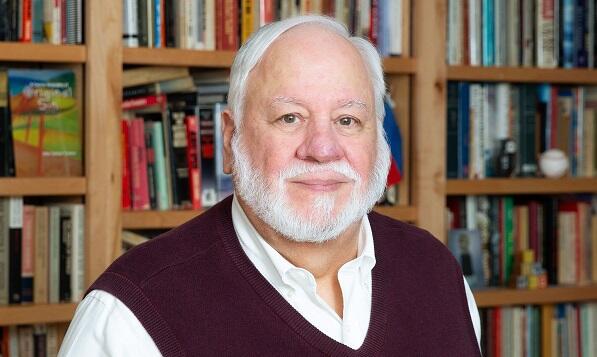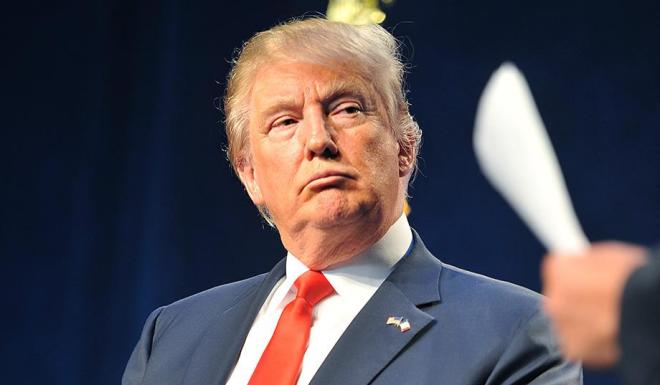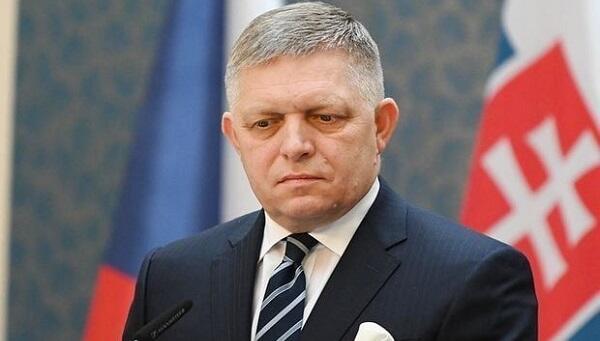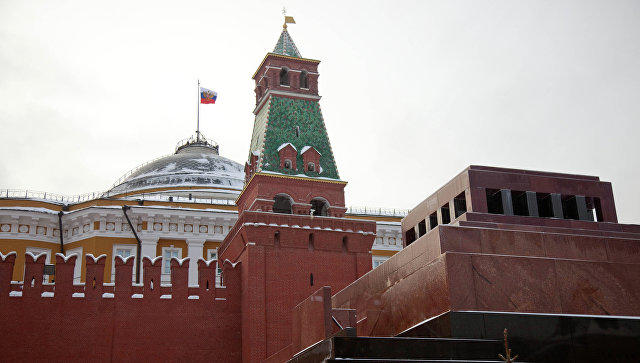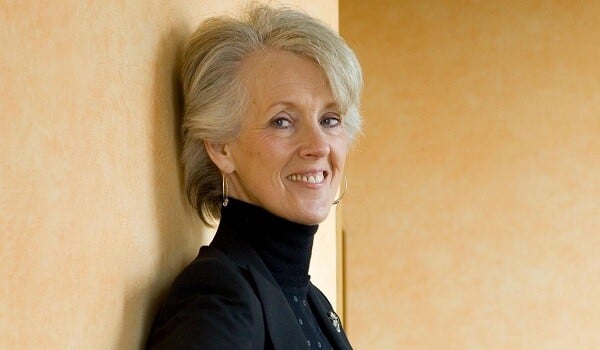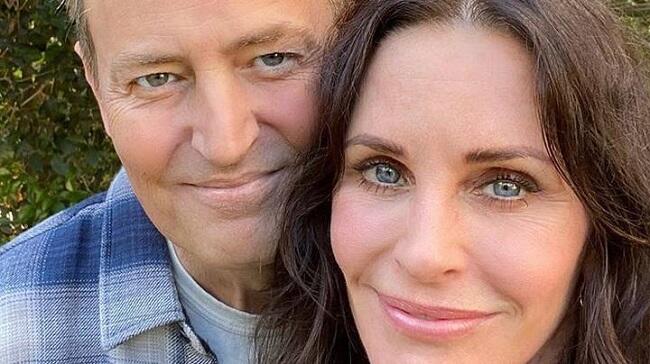Axar.az presents an article “Lt. Calley” by John Samuel Tieman.
Lt. Calley died in late April. His family didn't release news of his death until recently. Calley lived in obscurity for decades. His name today doesn't mean much to anyone younger than me. A thirty-something friend never heard of him. But I'm 74 and a Vietnam veteran. Lt. Calley was a murderer. And he morally injured the whole nation.
On 16 March 1968, William “Rusty” Calley led into the village of My Lai a platoon from the 11th Infantry Brigade of the 23rd Infantry Division, the “Americal Division”. Depending upon the numbers you use, Vietnamese or American, he and his men slaughtered 504 or 347 unarmed civilians. Women were gang raped. Children as young as 12 were raped and mutilated. Among the dead, 60 were elderly and 17 were pregnant women. Then there's the 24 families that lost everyone – 3 generations, no survivors.
Two years later, I was in Vietnam. I was flying in a helicopter. The door gunner caught my attention. He pointed and shouted, “That's My Lai.” I was struck by how ordinary it was. The village was just a village. The rice padis were just rice padis. The now famous drainage ditch, in which so many had been shot, was just an ordinary drainage ditch. The Americans were ordinary as well. A decade or so later, I was teaching high school. A colleague, Ralph McGuire, mentioned that he'd gone to high school with “Rusty”. Beyond that, he really didn't remember him well.
Calley was personally convicted of 22 counts of murder. This places him slightly above Jeffrey Dahmer, and slightly below John Wayne Gacy. Beyond his individual responsibility, Lt. Calley led the largest massacre of civilians by American soldiers in the 20th century.
How does an ordinary American do this? Gacy and Dahmer were psychotic. Calley wasn't. He had a conscience. Years later he admitted, “There is not a day that goes by that I do not feel remorse for what happened that day in My Lai.”
The injury, however, wasn't simply to the villagers or the soldiers. The moral injury was to America. It divided the nation. Veterans organizations justified Calley's actions. People demonstrated in favor of his release. Eventually, President Nixon commuted his life sentence to three years of house arrest. It still divides those among us “of a certain age”. It's hard to face. The poet, T. S. Eliot once said, "Humankind cannot bear very much reality." Yet bear it we must.
A moral injury is the consequence of having your worldview ruptured. It is to the soul what a massive earthquake is to a city. This massacre ruptured the naivety of our people. The nation was no longer able to think of our soldiers as the fresh-faced, scrubbed-behind-the-ears kids giving candy to the Vietnamese kids. That image was replaced by an American kid machine-gunning a pregnant woman. True, there were plenty of soldiers in Vietnam who would have refused such an order. A helicopter crew landed and tried unsuccessfully to stop the killings at My Lai. Indeed, a U. S. Army court-martial convicted him. The officers, who comprised the court-martial, were mostly combat veterans. But there was no going back. William Calley replaced Audie Murphy. The idealization of our soldiers was shattered. It was replaced by this simple truth: our boys are capable of rape, torture and murder.
The evil was and is transparent. Yet people defended him then, and continue to defend him now. Why? I don't know. In the end, I do know that the injury to the nation goes well beyond just the crime. We've become the bearers of a terrible truth. This truth. In a war, under certain circumstances, there is nothing a soldier will not do to another human being. And sometimes that soldier is an American.
